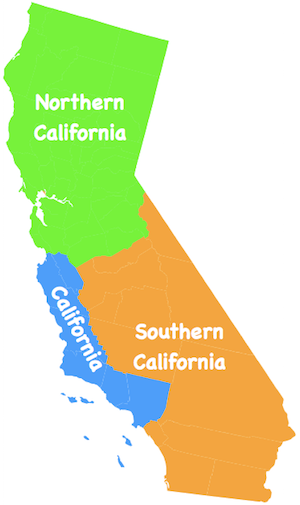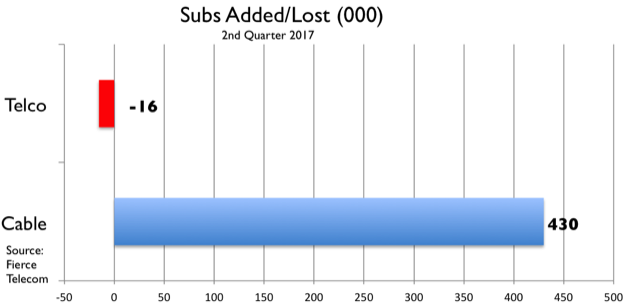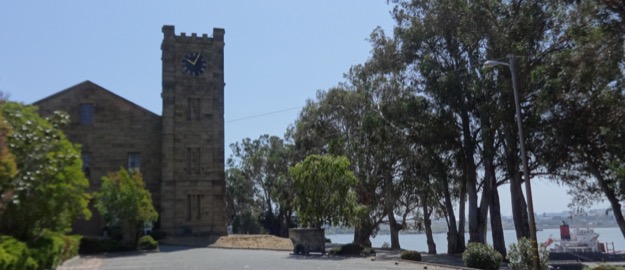California senate committee votes to give telcos $300 million for slower broadband

The California legislature continued its love affair with telecommunications companies on Wednesday. The senate’s energy, utilities and communications committee, chaired by Ben Hueso (D – San Diego), voted 8 to zero to approve assembly bill 1665 in its current form and send it on to the senate appropriations committee for further review.
It wasn’t exactly unanimous. One senator, Mike McGuire (D – Healdsburg), who had opposed the bill, abstained when the vote was taken, as did two republicans, Anthony Cannella (R – Merced) and Mike Morrell (R – Rancho Cucamonga).… More





![Carol M. Highsmith [Public domain], via Wikimedia Commons](https://www.tellusventure.com/images/2017/1/sf_apartment.jpg)



